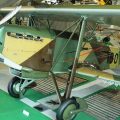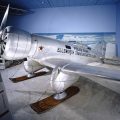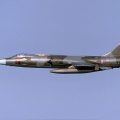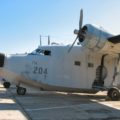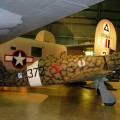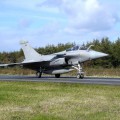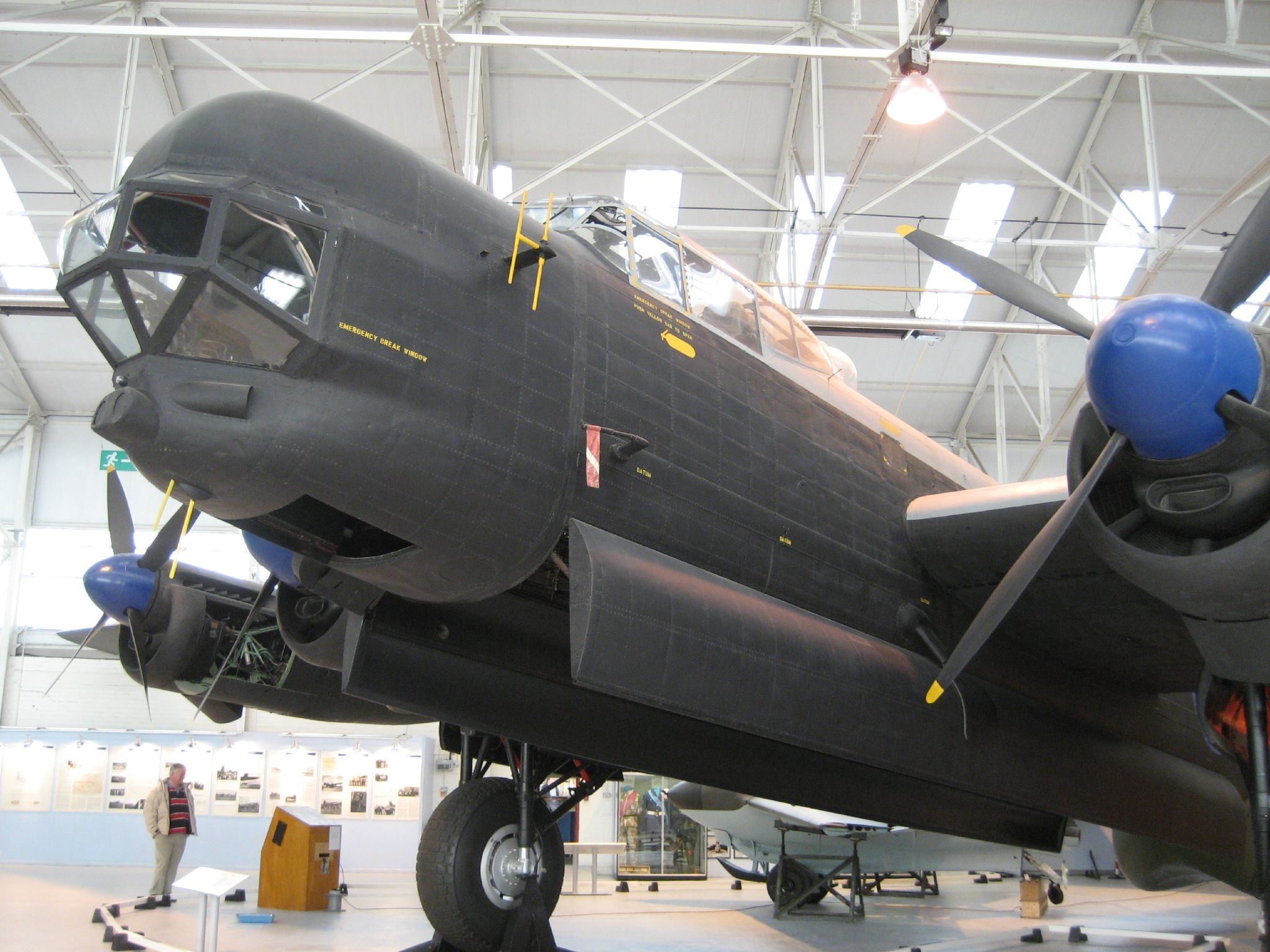
Avro Type 694 Lincoln | |
|---|---|
| Страны | Великобритании |
| Роль | Тяжелый бомбардировщик |
| Первый полет | 9 июня 1944 года |
| Построен | 20° |
Teh Авро Тип 694 Линкольн — британский четырехмоторный тяжелый бомбардировщик, который впервые совершил полет 9 июня 1944 года. Разработанные из Avro Lancaster, первые варианты Линкольна были первоначально известны как Ланкастер IV и V; они были переименованы Линкольн i и II. Это был последний поршневой бомбардировщик, управляемый Королевскими военно-воздушными силами (RAF).
Источник: Авро Тип 694 Линкольн в Википедии
| Avro Type 694 Lincoln II Walk Around | |
|---|---|
| Фотограф | Неизвестная |
| Локализации | Неизвестная |
| Фотографии | 23 |
Похожие комплекты:
Найти наборы на eBay:
text
The Avro 694 Lincoln was a four-engined heavy bomber developed from the Avro Lancaster during the Second World War. It was designed to meet the requirements of the Specification B.14/43 for a long-range bomber capable of operating in the Far East theatre. However, the war ended before the Lincoln could see combat action.
The Lincoln had a longer and stronger wing than the Lancaster, as well as more powerful Rolls-Royce Merlin 85 engines. It also had a larger bomb bay and increased fuel capacity, giving it a greater range and payload. The Lincoln could carry up to 14,000 lb (6,350 kg) of bombs, including the Grand Slam, the largest conventional bomb ever used. The Lincoln had a crew of seven, and was armed with eight 0.303 in (7.7 mm) machine guns in four turrets for self-defence.
The Lincoln entered service with the Royal Air Force (RAF) in 1945, and was initially assigned to units of the Tiger Force, a Commonwealth heavy bomber force intended to participate in the Japan campaign. After the war, the Lincoln remained in RAF service until 1963, and was used in various roles, such as maritime patrol, anti-submarine warfare, air-sea rescue, and electronic warfare. The Lincoln also saw combat during the Mau Mau Uprising in Kenya and the Malayan Emergency, where it performed bombing and supply dropping missions.
The Lincoln was also operated by the Royal Australian Air Force (RAAF) and the Argentine Air Force. The RAAF used the Lincoln in Malaya and Indonesia, while the Argentine Air Force used it for training and transport until 1967. The Lincoln was also used as a test bed for various engines and equipment, such as the Armstrong Siddeley Python turboprop and the Bristol Proteus turboprop. The Lincoln was replaced by jet-powered bombers such as the English Electric Canberra and the V-bombers (the Avro Vulcan, the Handley Page Victor, and the Vickers Valiant).
The Avro 694 Lincoln was the last piston-engined bomber operated by the RAF, and represented the peak of British heavy bomber design. It was a powerful and versatile aircraft that served with distinction in various roles and regions. The Lincoln was a worthy successor to the Lancaster, and a precursor to the jet age.
Просмотров : 754




